Plants that decorate the East Gardens of the Imperial Palace are listed by their blooming seasons.
Plants that bloom across multiple seasons are included in each relevant season.
SpringMarch~May
- Camellia
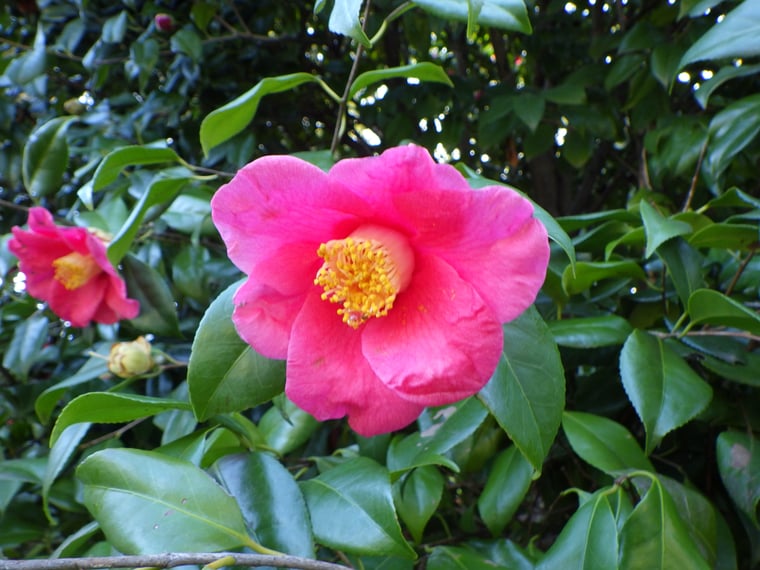
- Chinese witch hazel
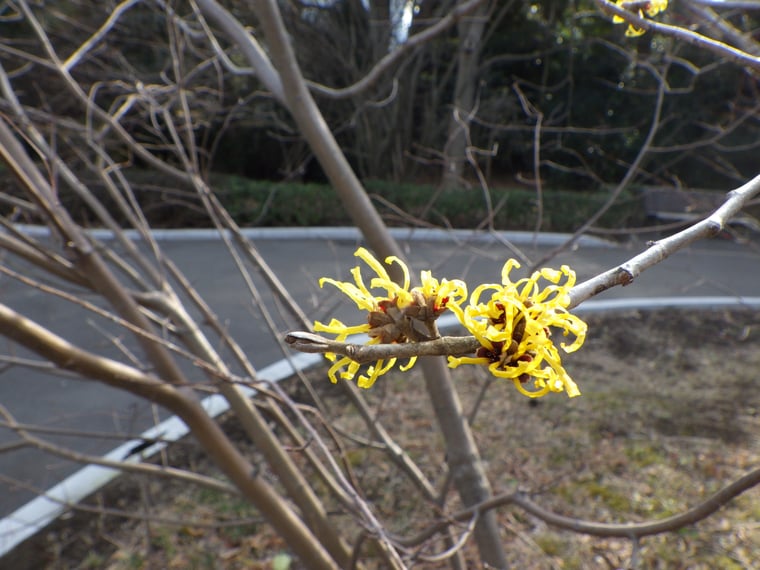
- Adonis
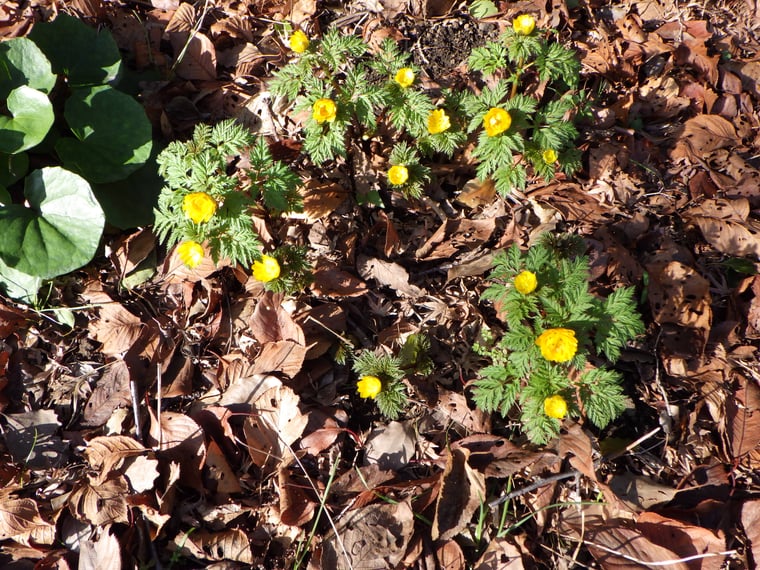
- Cherry tree (Good time to see:early Feb.~early Mar.)
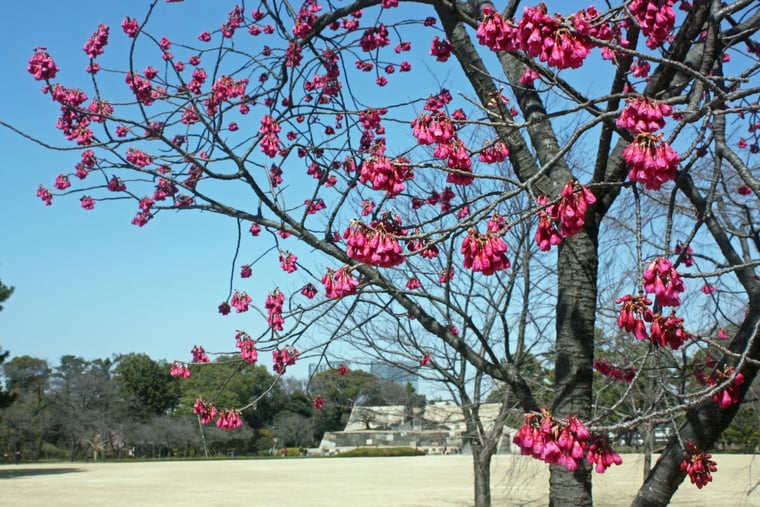
- Riverstream orchid
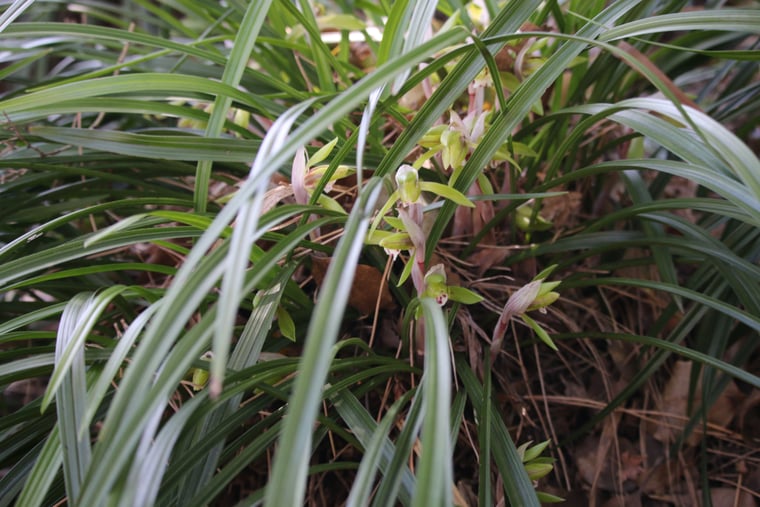
- Kobushi magnolia
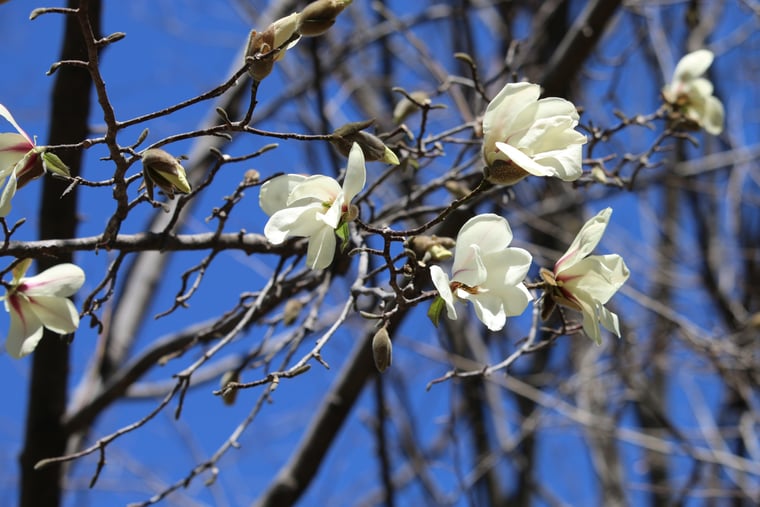
- Black jetbead
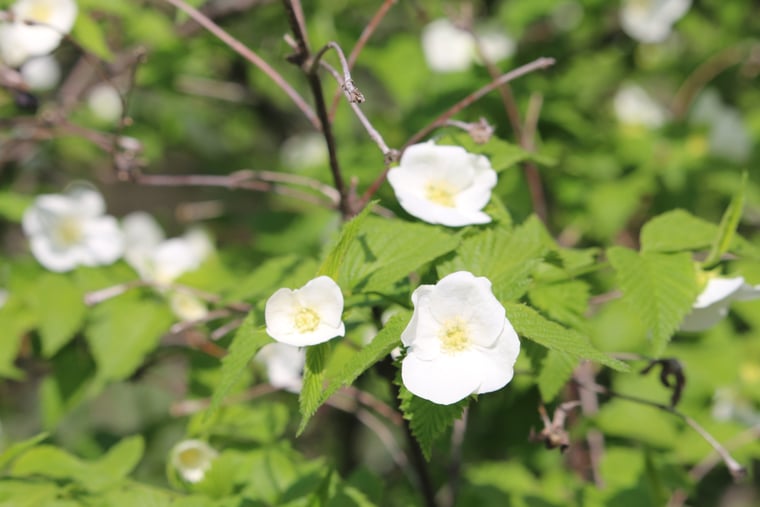
- Cherry tree (Good time to see:mid Mar.~early Apr.)
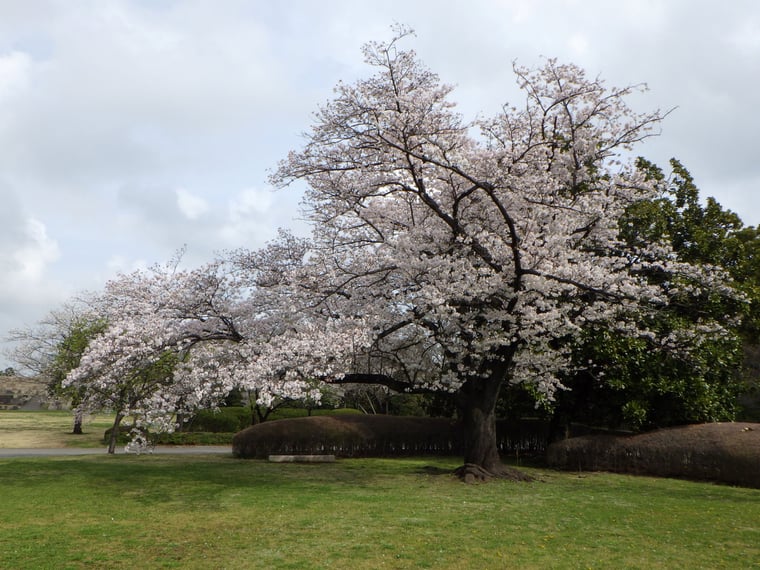
- Kurume azalea
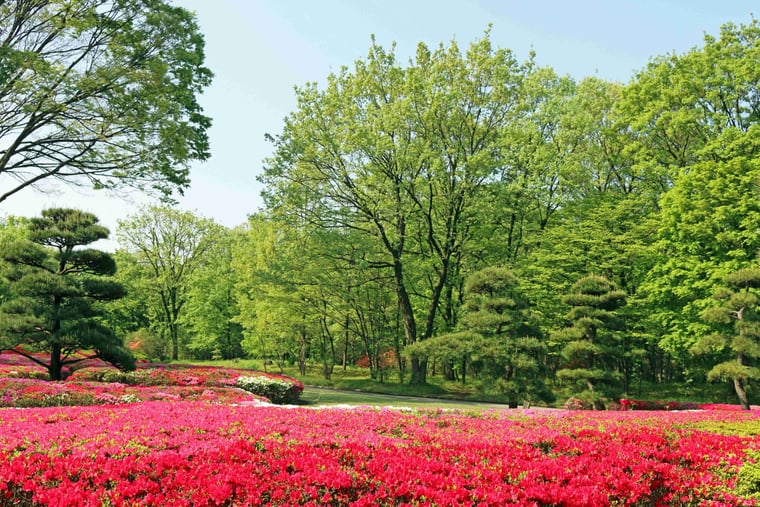
- Cherry tree (Good time to see:mid Apr.~late Apr.)
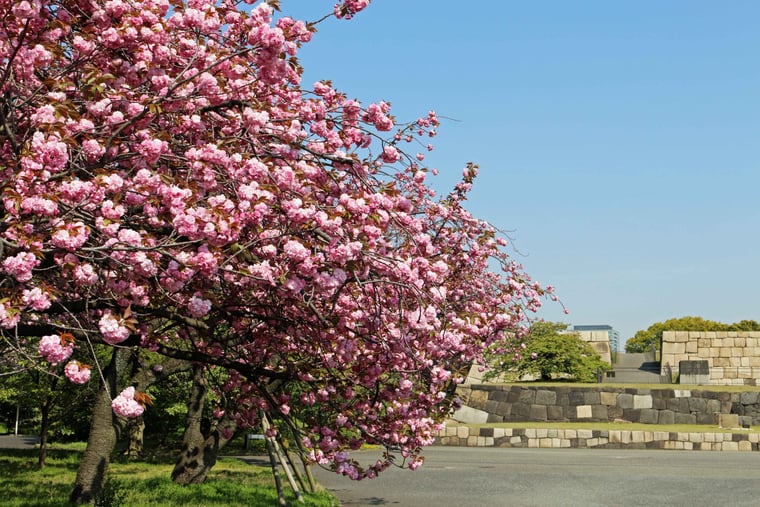
- Torch azalea
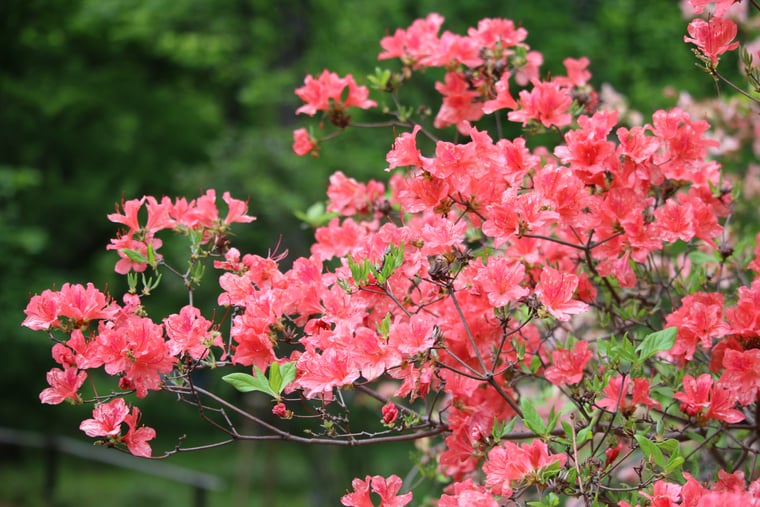
- Golden orchid
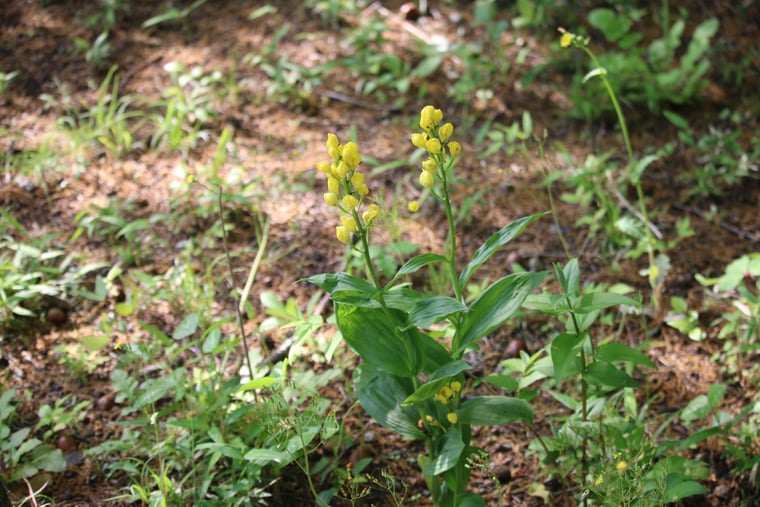
- Silver orchid
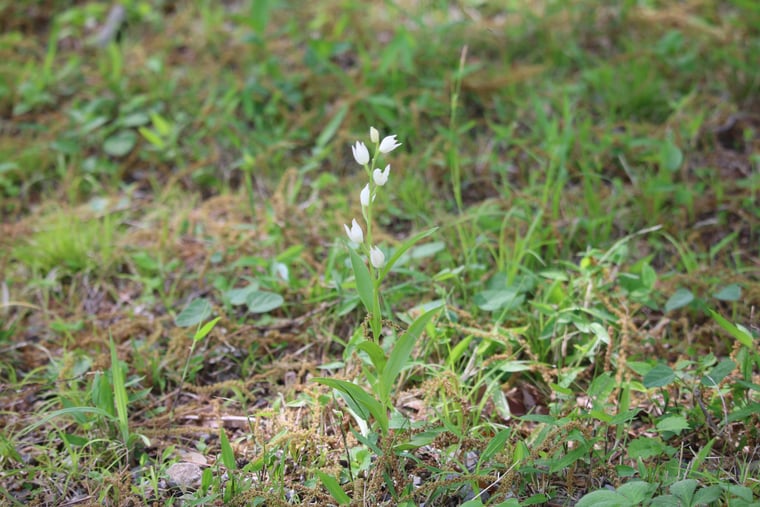
- China rose
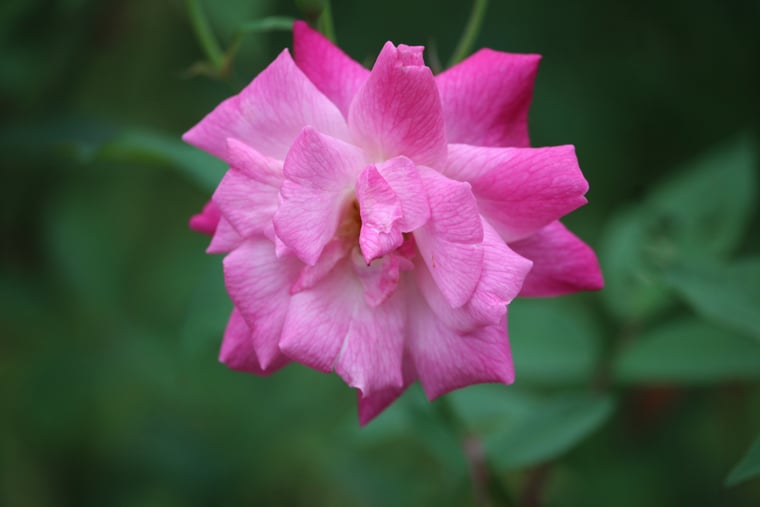
- Yellow banksia rose
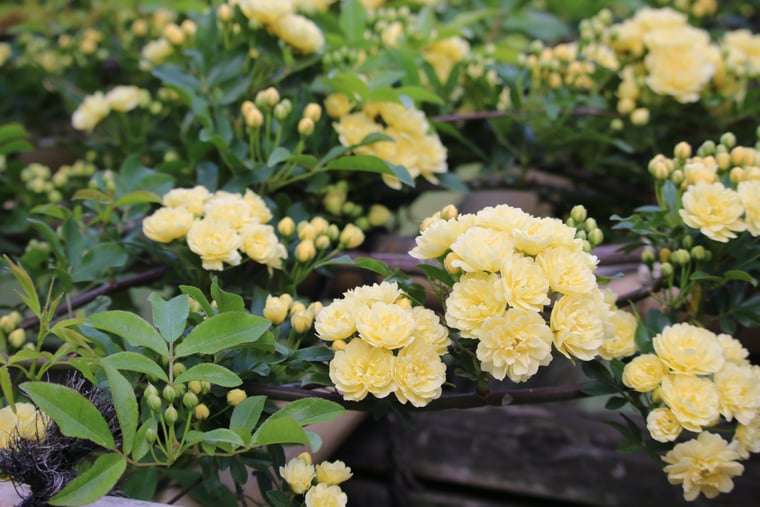
- Rugosa rose
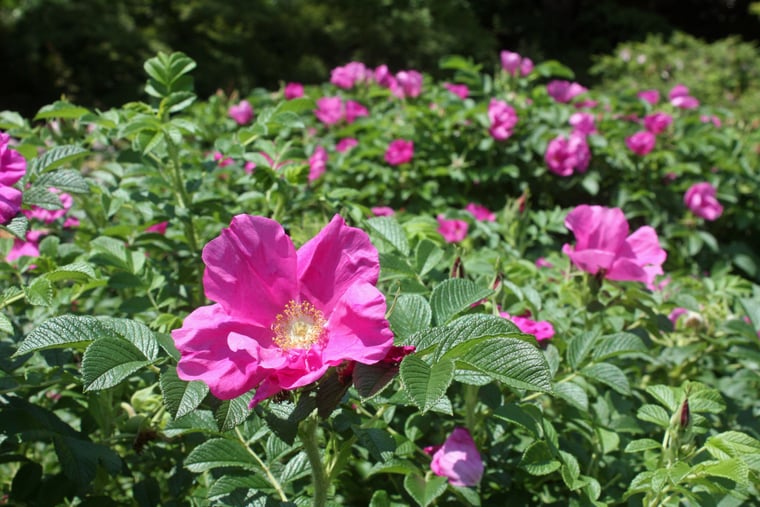
- Iris
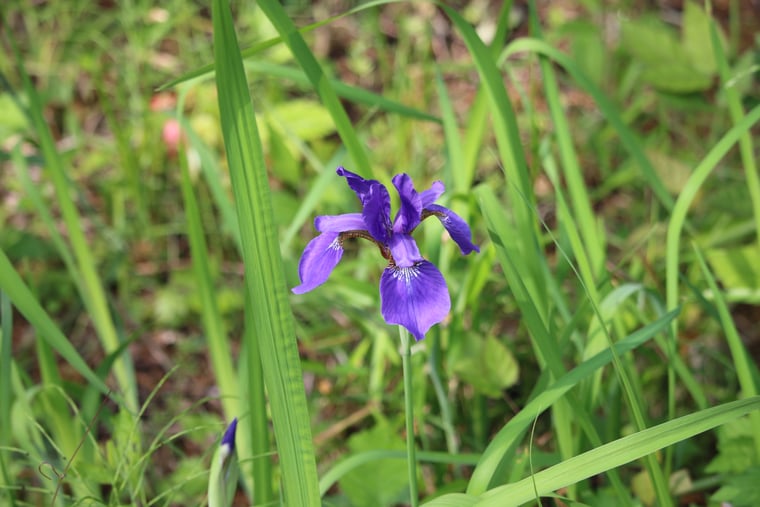
- Southern Magnolia
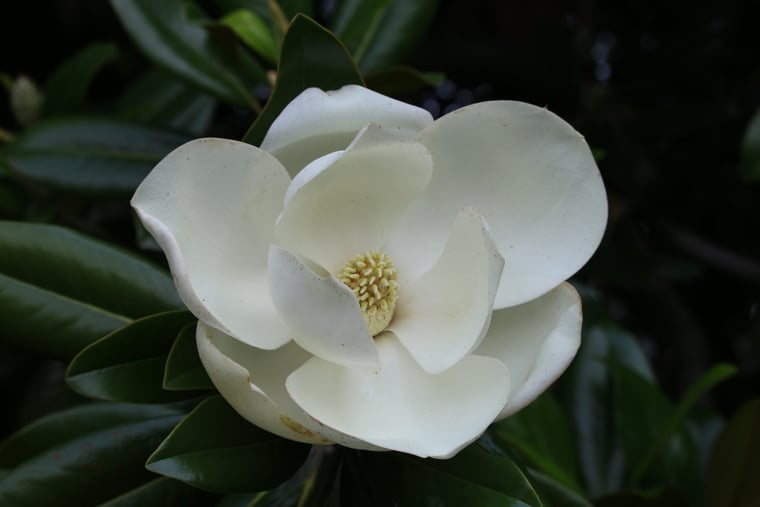
- Fringed water-lily
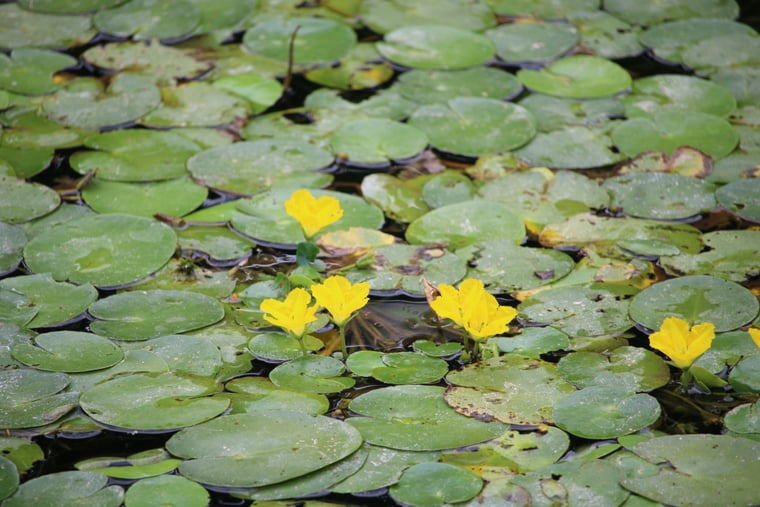
- Nasu arctic iris
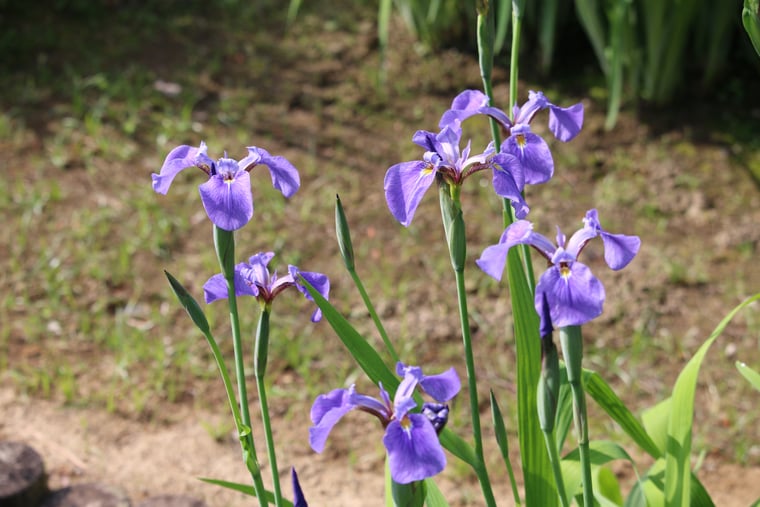
SummerJune~August
- Southern Magnolia

- China rose

- Rugosa rose

- Fringed water-lily

- Hydrangea
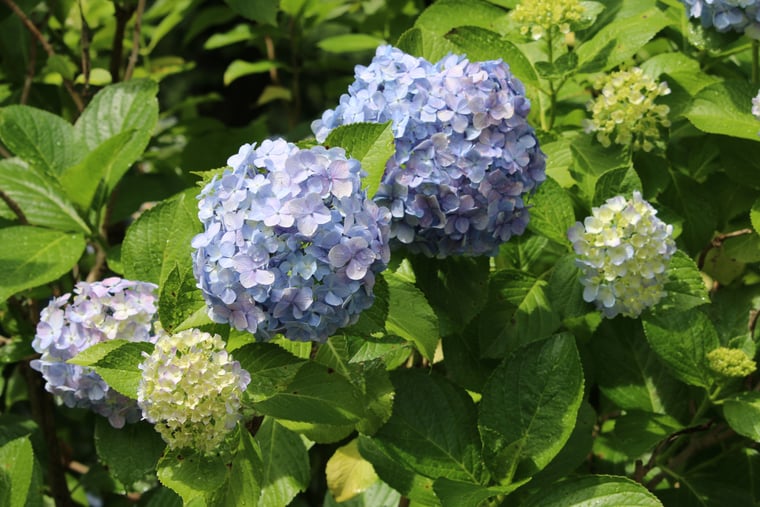
- Japanese water iris
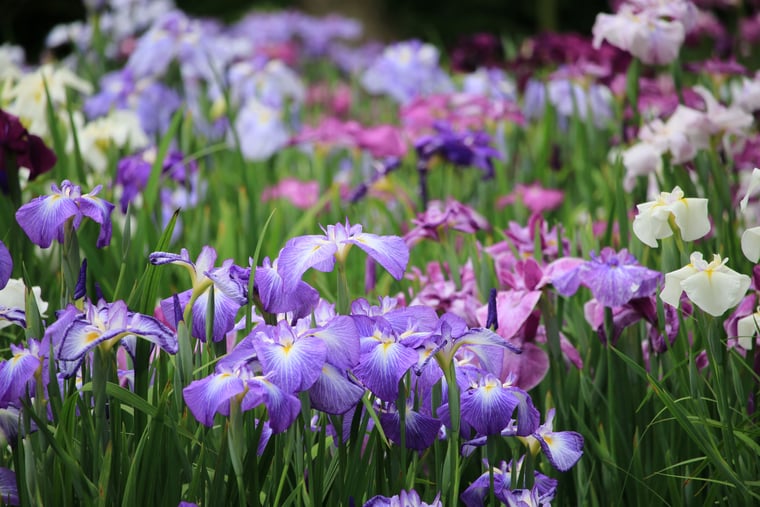
- Spotted bellflower
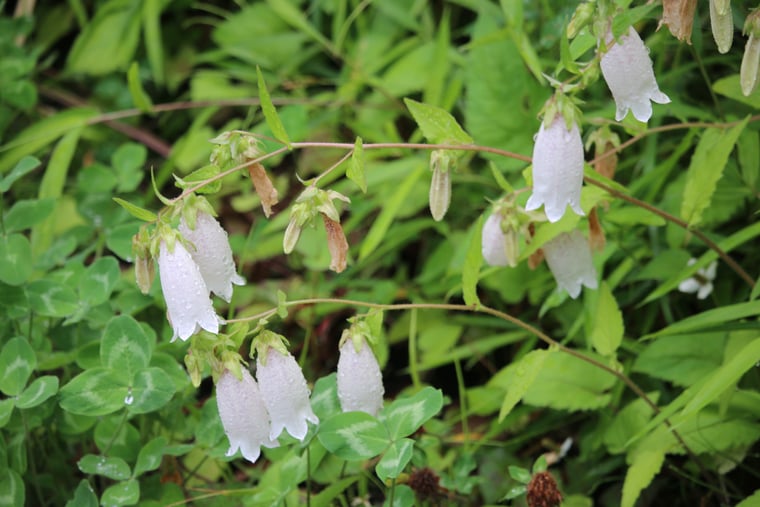
- Sunflower ʻHaruka no Himawariʼ
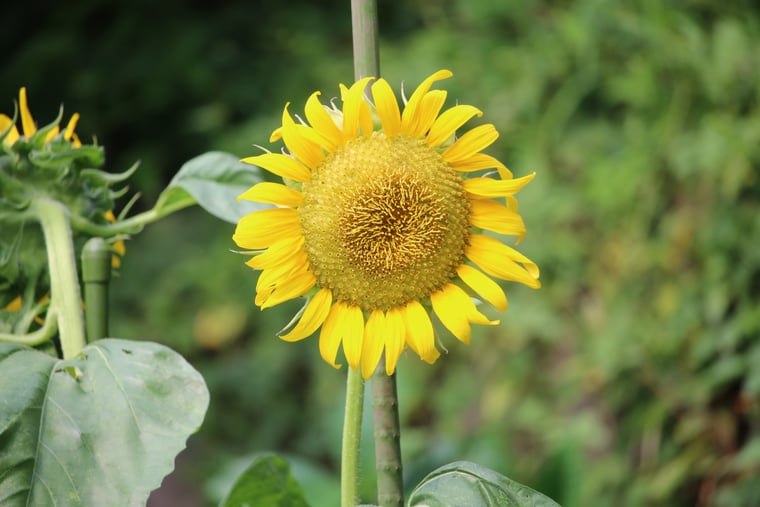
- Plantain lily
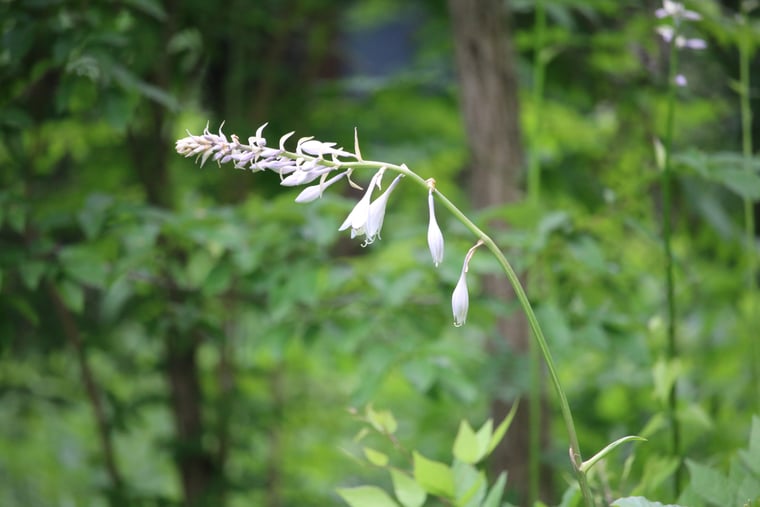
AutumnSeptember~November
- Fringed water-lily

- China rose

- Japanese silver grass
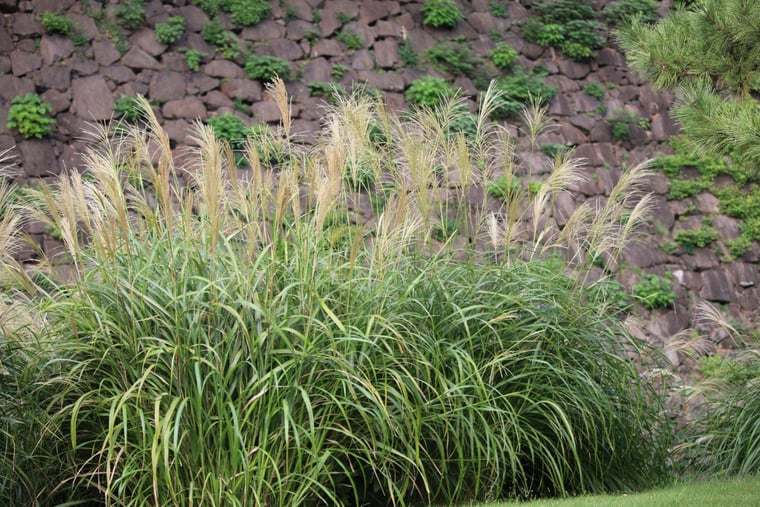
- Red spider lily
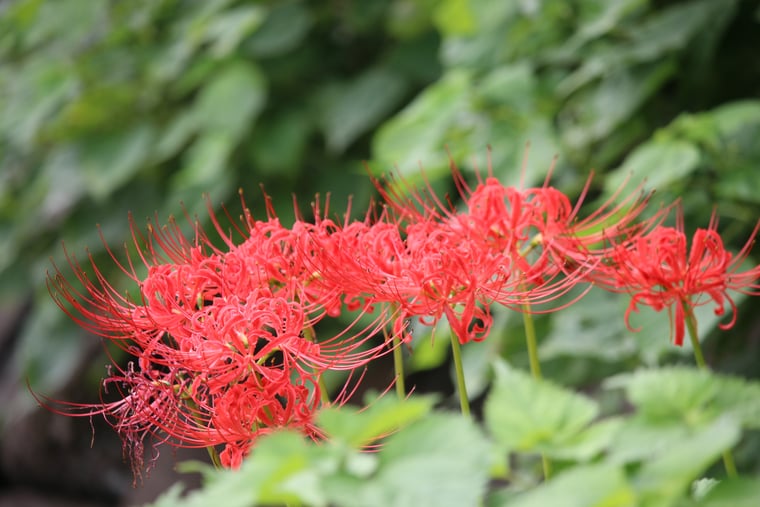
- Jugatsuzakura cherry tree
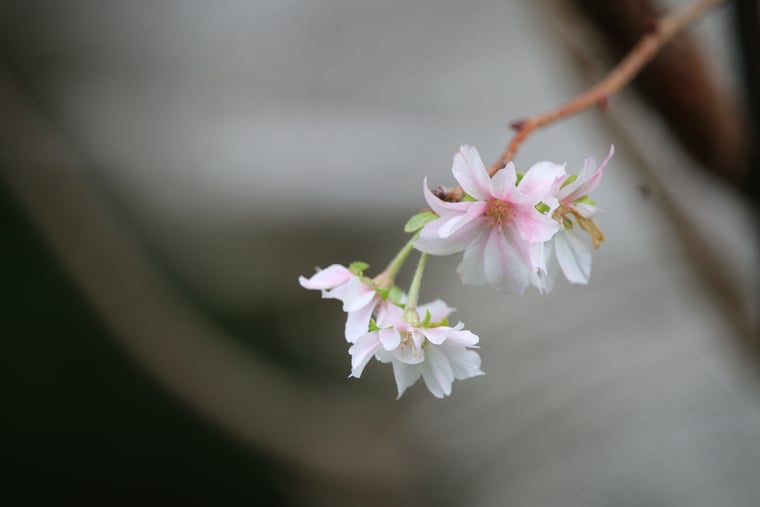
- Fuyuzakura cherry tree
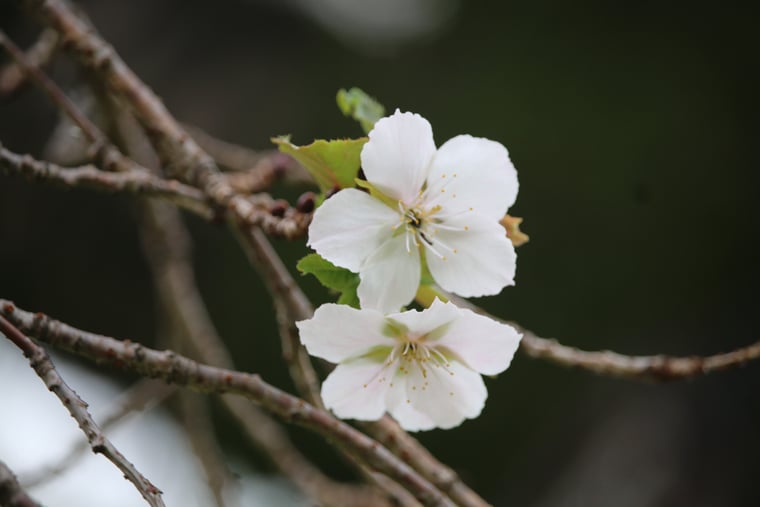
- Fragrant Olive
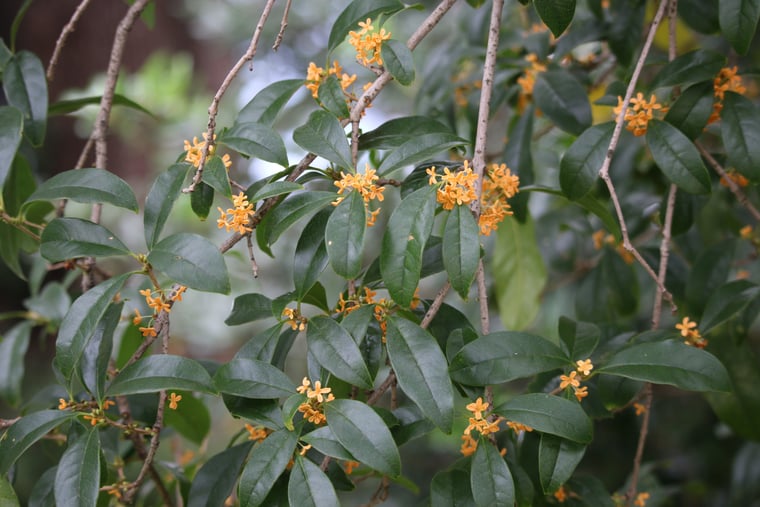
- Otokoyouzome viburnum (fruit)
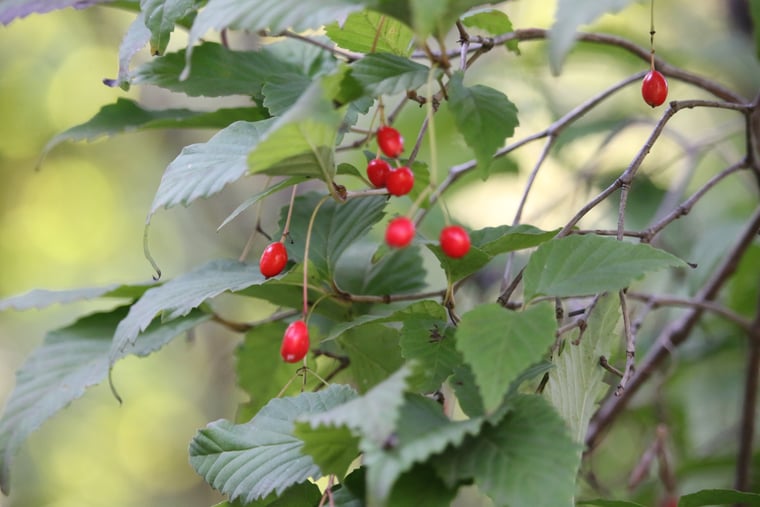
- Sasanqua
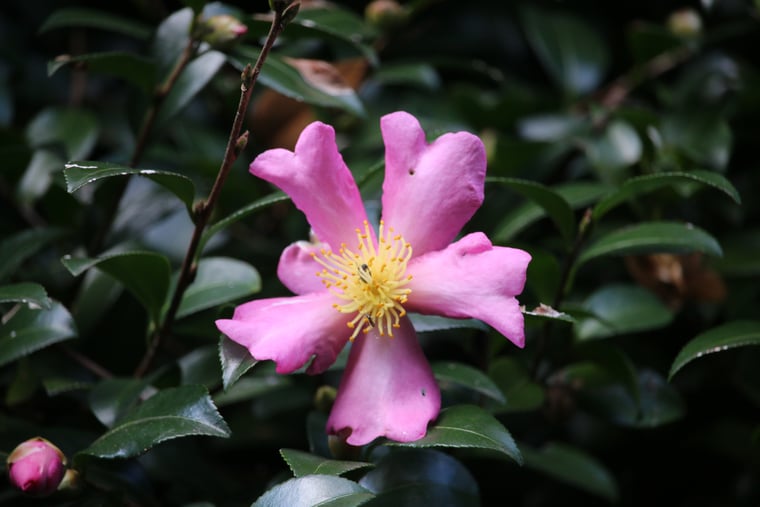
- Glabrous sarcandra herb (fruit)
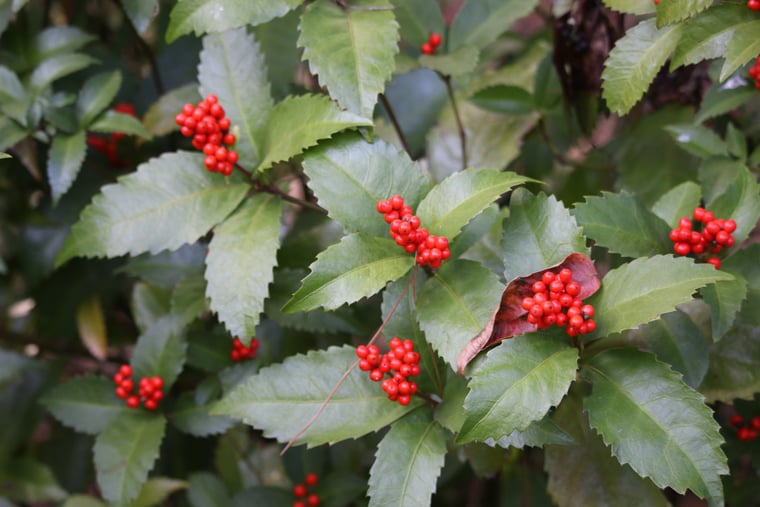
- Japanese toad lily
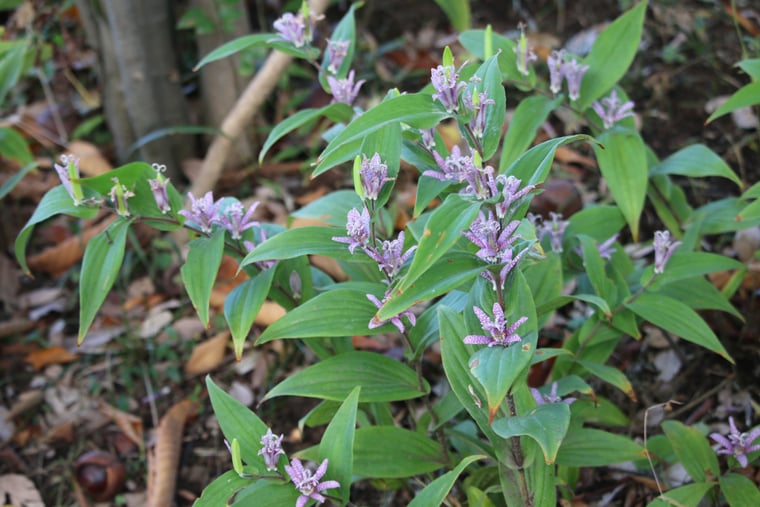
- Nandina (fruit)
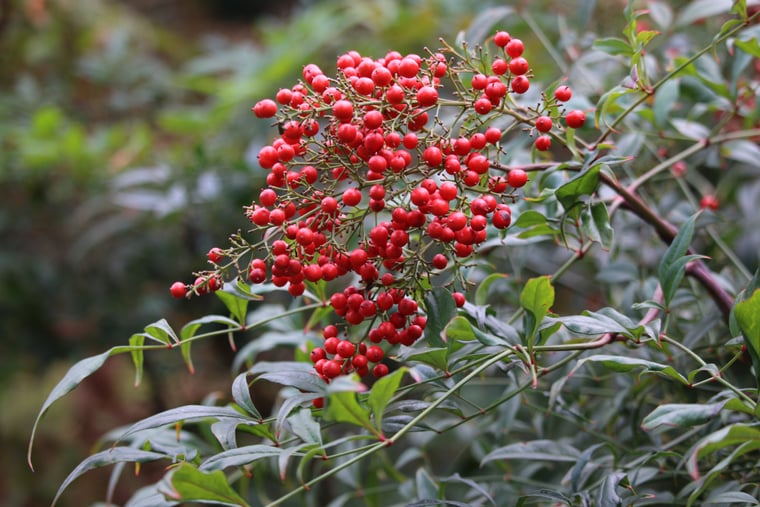
- Sasanqua ‘Shishigashiraʼ
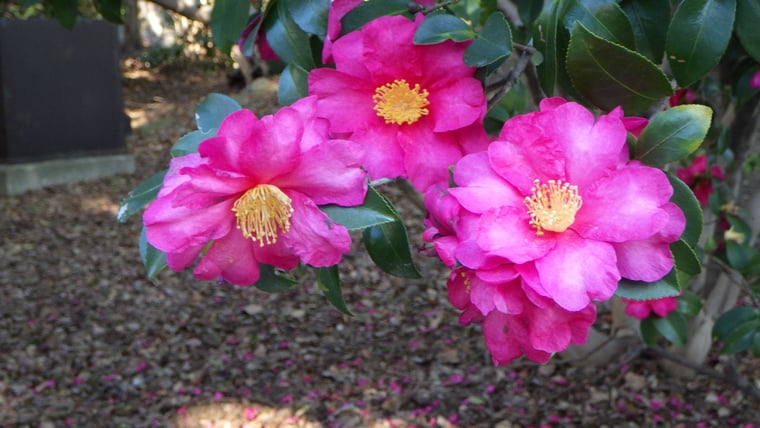
- Coral ardisia (fruit)
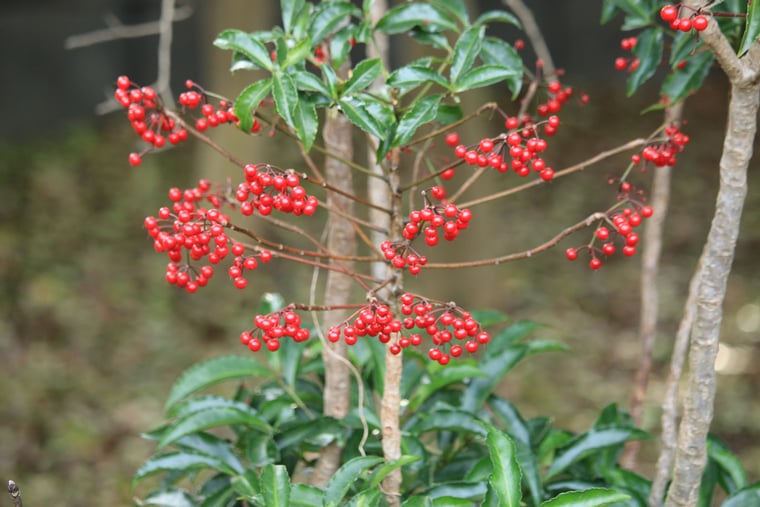
- Camellia ʻShirowabisukeʼ
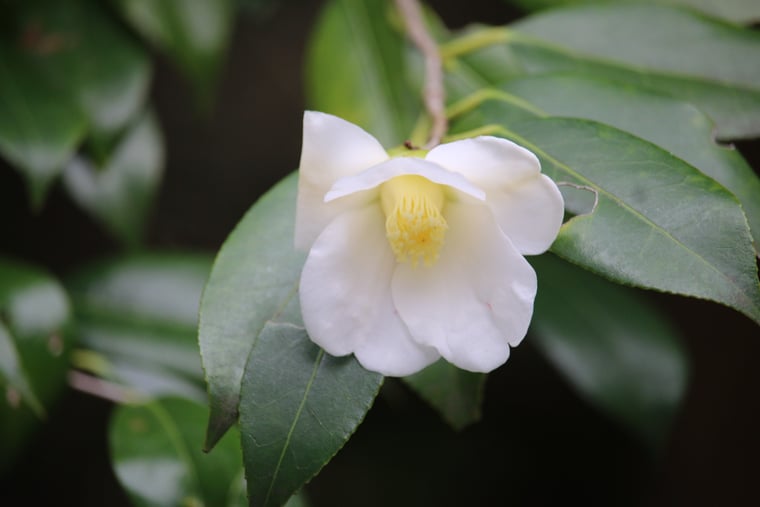
WinterDecember~February
- China rose

- Jugatsuzakura cherry tree

- Fuyuzakura cherry tree

- Nandina (fruit)

- Glabrous sarcandra herb (fruit)

- Sasanqua ‘Shishigashiraʼ

- Camellia ʻShirowabisukeʼ

- Coral ardisia (fruit)

- Narcissus
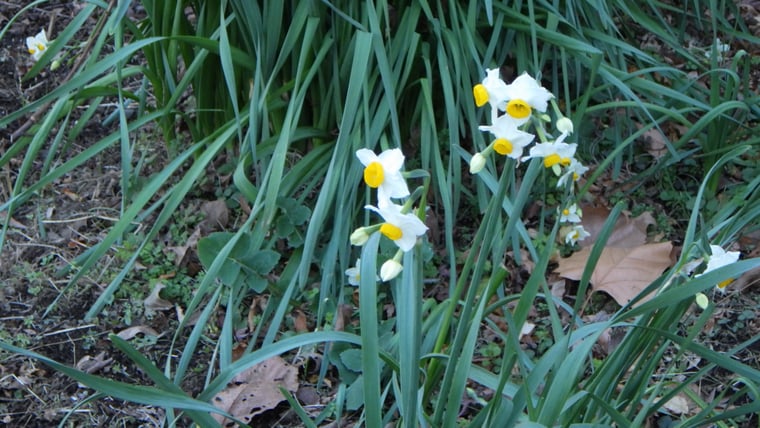
- Winter sweet
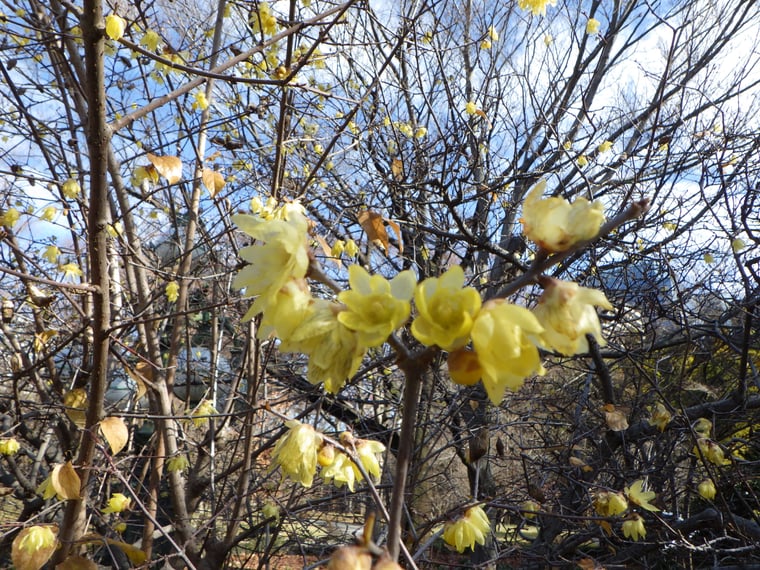
- Japanese apricot ʻKoutoujiʼ
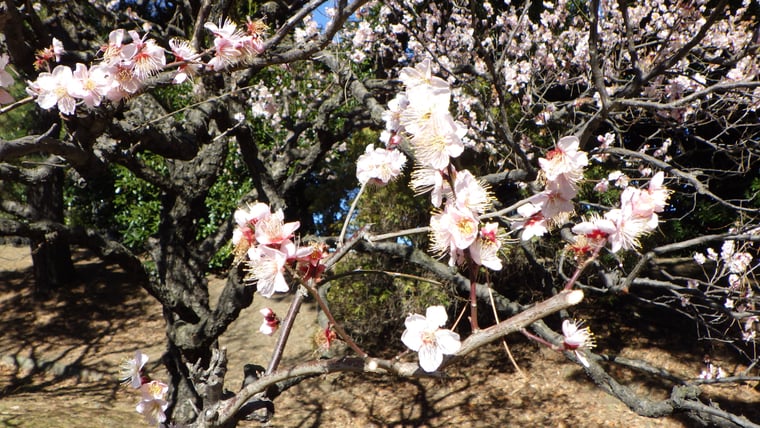
- Japanese apricot ʻYaeyabaiʼ
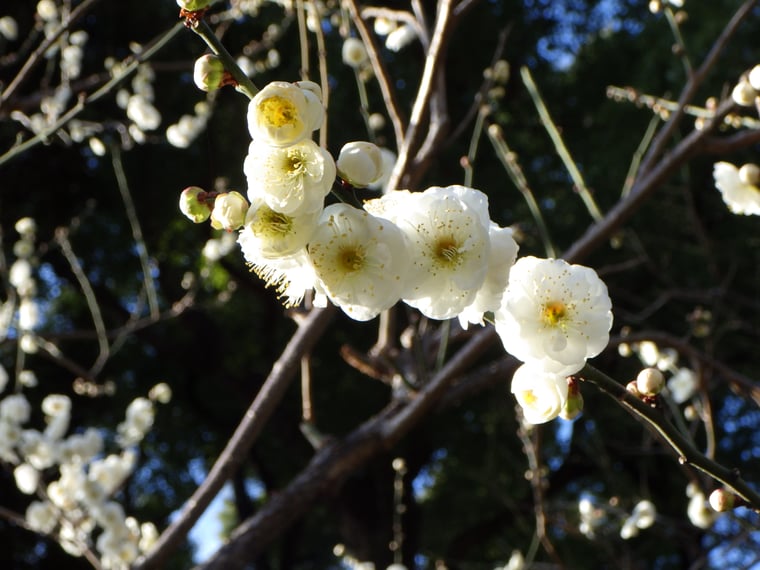
- Camellia

- Japanese collinsonia
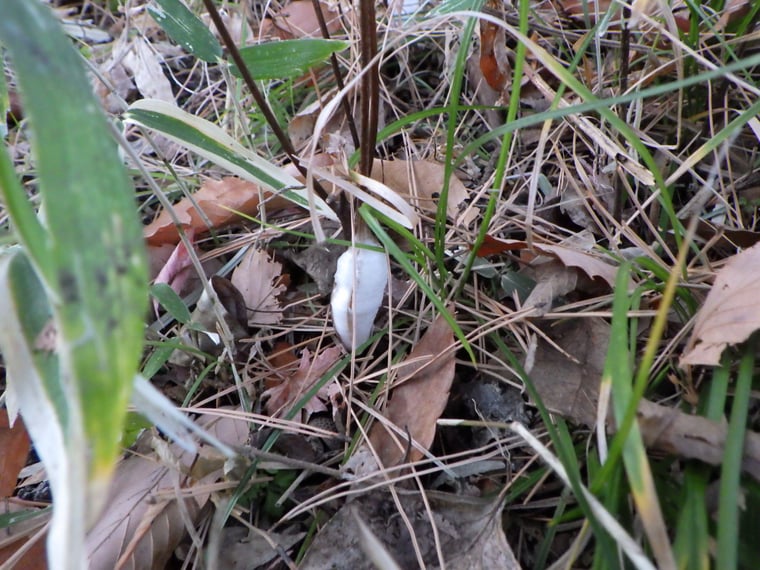
- Chinese witch hazel

- Adonis

- Cherry tree (Good time to see:early Feb.~early Mar.)
